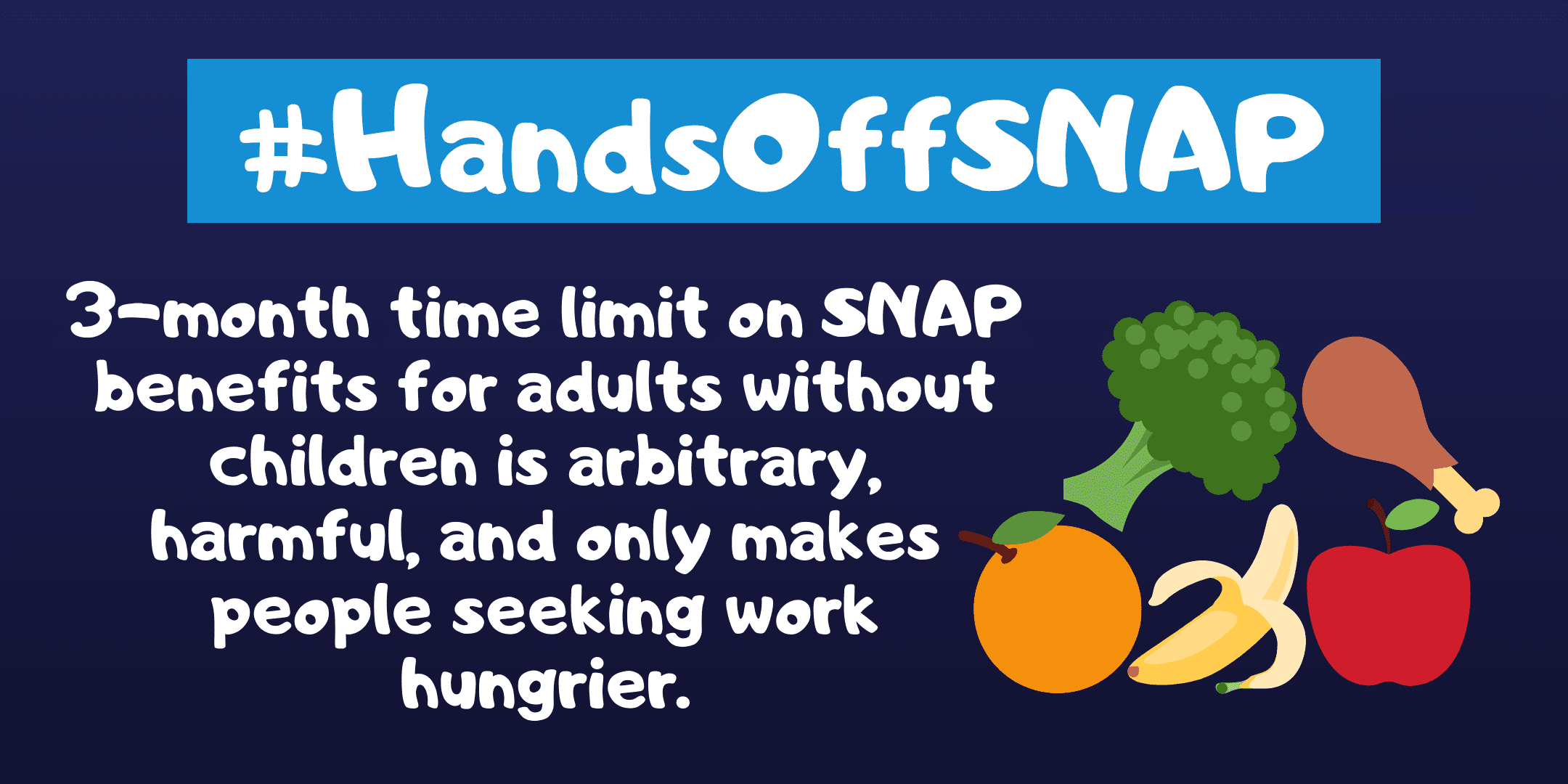Charles Brennan provided testimony in support of House Bill 24-1129, Protections for Delivery Network Company Drivers. CCLP is in support of HB24-1129.
Recent articles
CCLP testifies in support of TANF grant rule change
CCLP's Emeritus Advisor, Chaer Robert, provided written testimony in support of the CDHS rule on the COLA increase for TANF recipients. If the rule is adopted, the cost of living increase would go into effect on July 1, 2024.
CCLP testifies in support of updating protections for mobile home park residents
Charles Brennan provided testimony in support of House Bill 24-1294, Mobile Homes in Mobile Home Parks. CCLP is in support of HB24-1294.
CCLP’s legislative watch for April 5, 2024
For the 2024 legislative session, CCLP is keeping its eye on bills focused on expanding access to justice, removing administrative burden, preserving affordable communities, advocating for progressive tax and wage policies, and reducing health care costs.
Advocacy Alert: Support SNAP solution

In 1996, Congress created a time limit in the Food Stamp Program, now known as SNAP, for unemployed childless adults between the ages of 18 and 49 years old, referred to as ABAWDs. Recipients in this group can only get benefits for three months out of 36 months unless they can show they are working 80 hours per month or meet some other exception.
Twenty years after the time limit was adopted, an estimated 41,000 Supplemental Nutrition Assistance Program enrollees in Colorado fell into the ABAWD category. Last year, the USDA proposed changes that would enforce even stricter requirements that would force hundreds of thousands of Americans off the program and give states less discretion to obtain waivers in the face of high unemployment and low job availability. The proposed rule change spurred nearly 30,000 comments from public health professionals, anti-hunger advocates and other concerned citizens, including CCLP.
Rep. Barbara Lee, D-Calif., is proposing a solution to this problem: The Improving Access to Nutrition Act would lift the arbitrary time limits on SNAP benefits for this population, ensuring that all adults have access to food.
Nearly one in 11 Coloradans struggle to put food on the table, including many able-bodied, working adults who may be struggling due to a job loss, lack of available full-time hours or minimum-wage pay. There is no evidence to suggest that limiting their access to food would lead to greater employment, especially in a time when work options available to this group are increasingly part-time and unstable. The Colorado Department of Human Services has observed that the ABAWD population also faces significant challenges in finding and maintaining employment, such as: lack of a high school diploma or its equivalent; no significant/relevant work history; felony convictions; substance abuse; mental and physical health problems; housing problems; and transportation problems. A recent analysis by Mathematica Policy Research reveals that a greater share of ABAWD SNAP participants live in poverty nationally compared to other SNAP participants, and often at a deeper level of poverty – at or below 50 percent of the federal poverty guideline.
We believe that lifting these time limits would help our client population stay healthy while pursuing full-time employment and also benefit Colorado’s economy. We urge readers to contact their congressional representative in support of the Improving Access to Nutrition Act.





